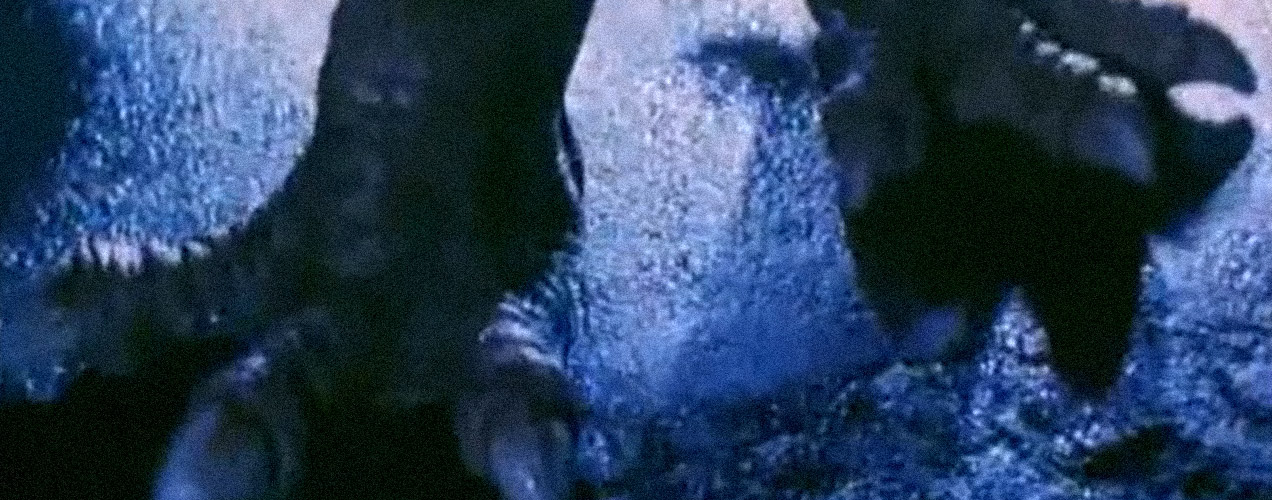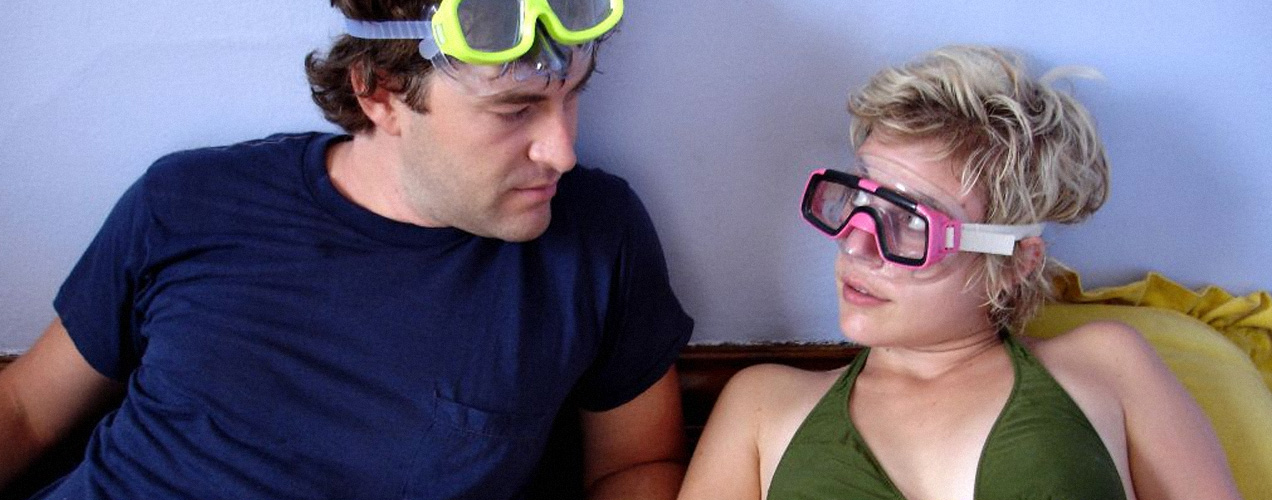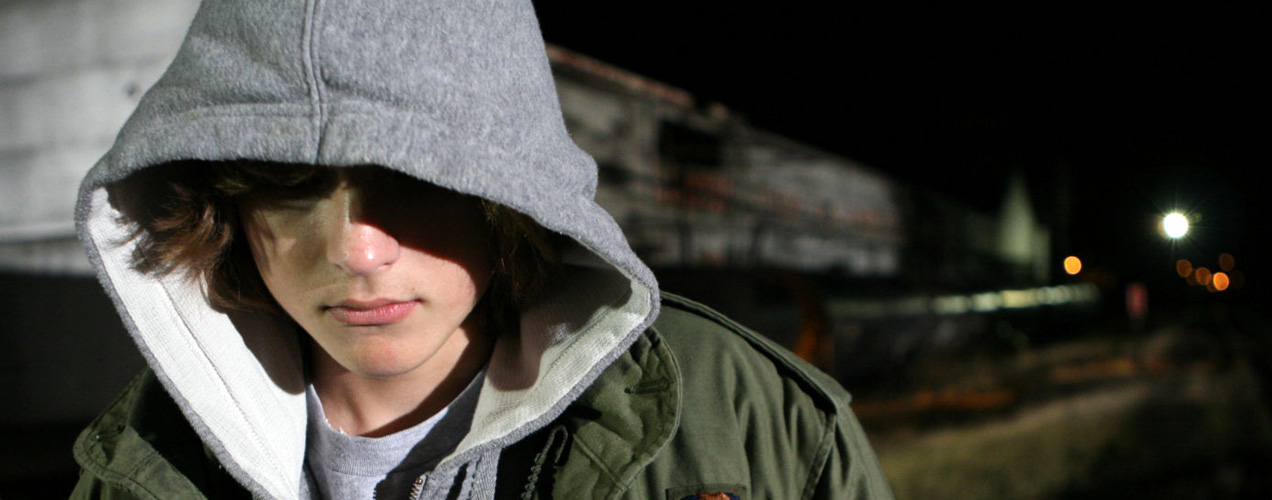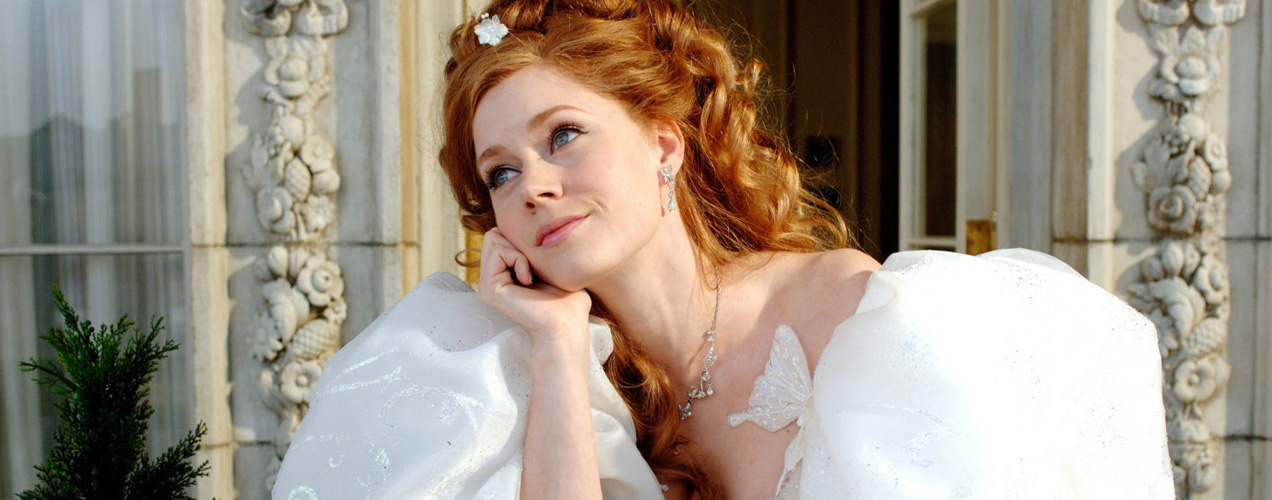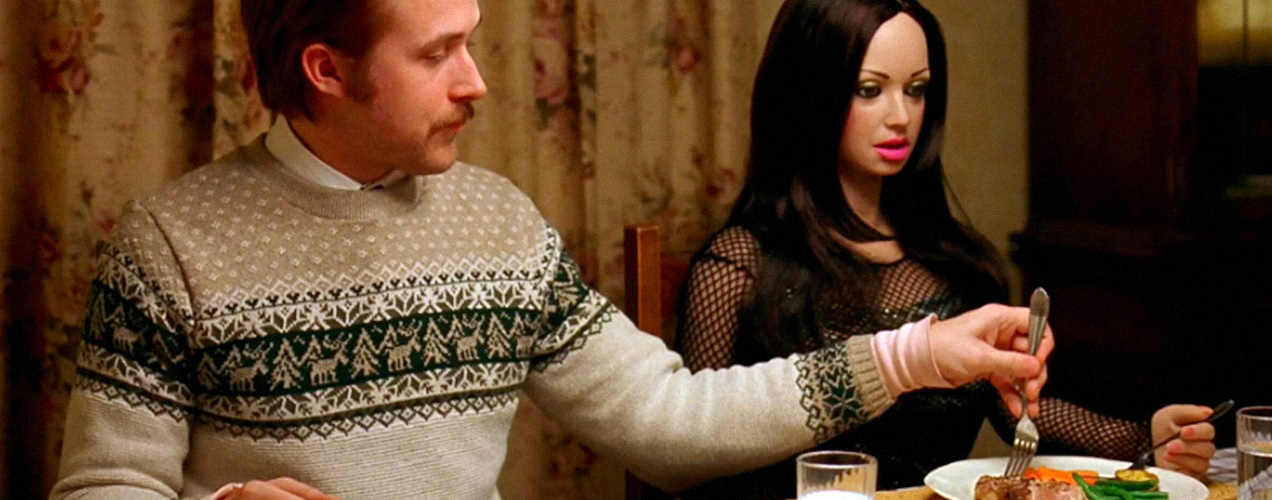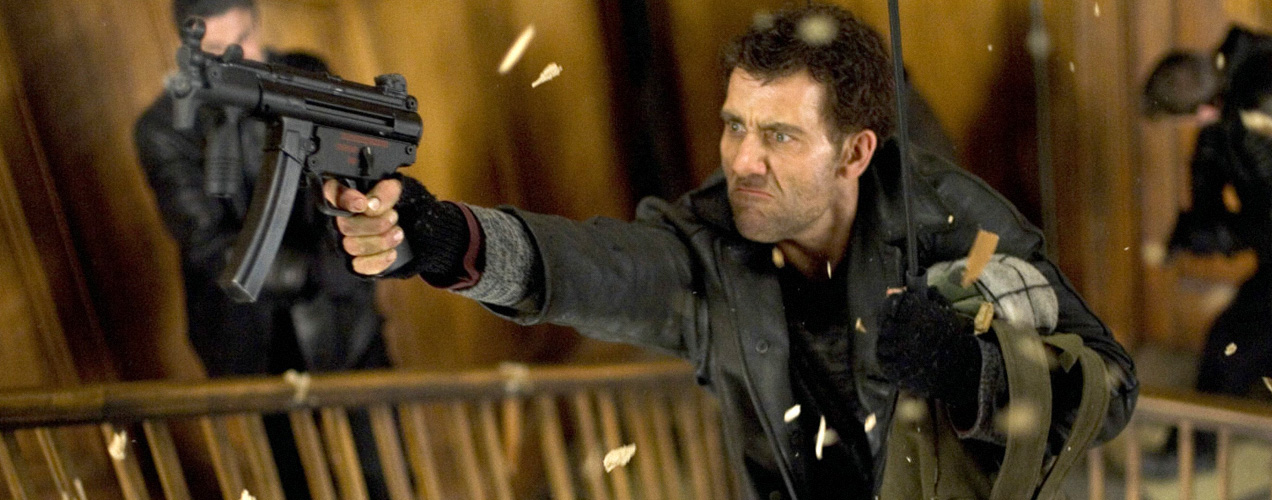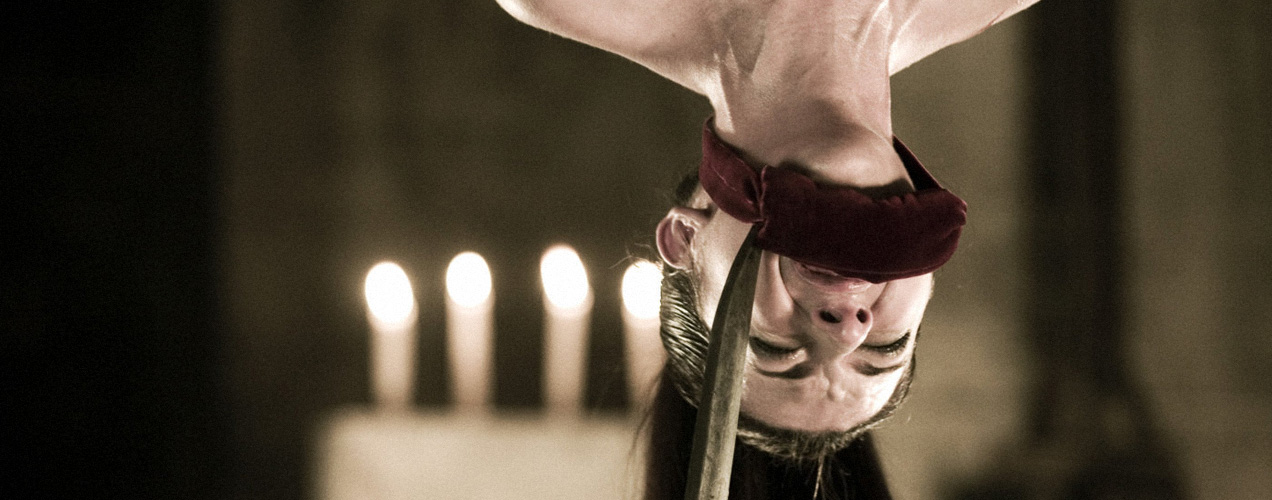2007 / Jim Wynorski > “What’s that?” The magical phrase is, according to the director Wynorski’s count, uttered at least 18 times in the film. What could that be? It’s sheer brilliance, I tell you. From the opening deaths of idyllic teenagers lost in the arid caves of Utah, I knew I was in for a special treat. It didn’t mean much that the film echoed scenes from the famed Jurassic Park contemporary Carnosaur—these were obviously of much higher budget, especially when the screen turns green to identify with the raptors’ point of view. (Yes, that was plural. There are multiple raptors in the film! Have you invited your friends over yet?!)
Wynorski, also known as Jay Andrews and H. R. Blueberry, is the man behind a substantial amount of late night Cinemax classics such as Alabama Jones and the Busty Crusade and The Bare Wench Project. In Raptor, he hones his technical mastery with the help of master filmmaker Roger Corman. The final product is a seamless composite of what feels like three, four or even five films! But in reality, it is only one. Anyone who has told you otherwise has been deceived into belittling the good names of Wynorski and Corman. Why else would Golden Globe-nominated Corbin Bernsen take a key role as the evil Mr. Hyde?
I do have a minor complaint: Blonde bombshell Melissa Brasselle (who is currently starring in Danny Bonaduce’s VH1 cult-hit I Know My Kid’s a Star) is a bit of a distraction from the glorious beauty of the raptors. For some reason, Wynorski strategically decided to utilize her in rather tight-fitting outfits and in scandalous positions, often opposite the splendid Eric Roberts. Roberts, by the way, hasn’t been this spot on since the original Best of the Best. The manner in which he battles the alpha raptor in the end makes Sigourney Weaver look like an absolute chump in Aliens. “Take that, Barney!” might be one of the most important lines of our lifetime, as many of us grew up thinking and wanting to do similar violent acts to our purple-furred friend.
What Spielberg started, Wynorski and Corman have finished. There can be no other film about raptors after this. It is conclusive evidence that we should not meddle with our genes or stem cell research because all it will do is kill the neighborhood kids, your daughter’s boyfriend, your co-worker, that guy who drives the truck full of chickens across state borders so that illegally implanted raptor babies can be kept in a cage away from society, Corbin Bernsen and lots of really mean looking military guys. Raptor is a cinematic achievement that parallels Fellini’s 8½ in innovation, and supercedes the science-fiction philosophy of 2001. (It’s also better than many films that don’t contain numbers in their titles.) Thanks for the recommendation Lucid Screening.

